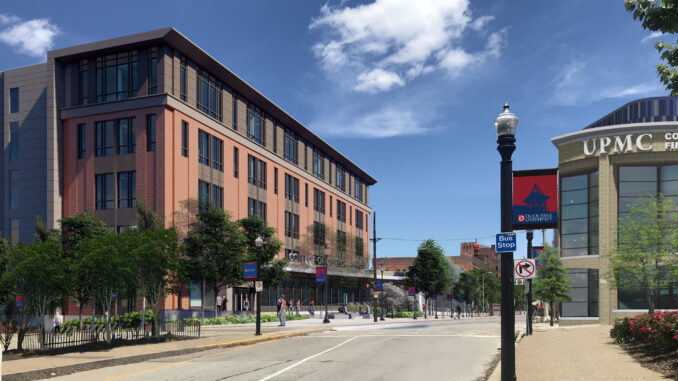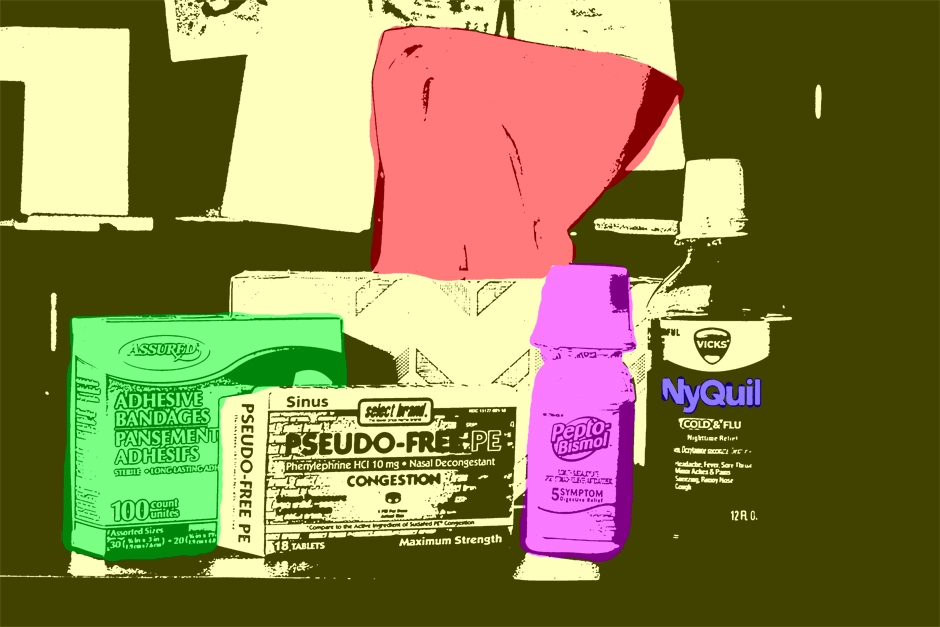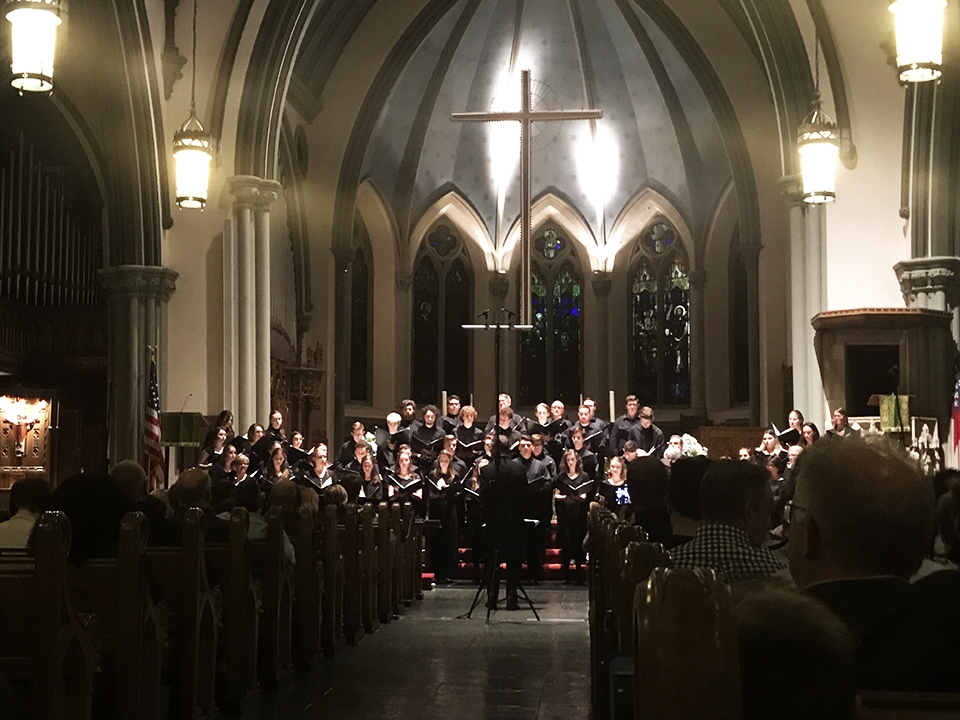
By Zoe Stratos | opinions editor
Known for its strong presence in health care education, Duquesne announced Jan. 7 that the new proposed College of Osteopathic Medicine (COM) has received candidate status from the Commission on Osteopathic College Accreditation, cementing another step toward its launch in fall 2024.
The moves within the college, which was formally proposed in August 2019, are coming at the right time, as Covid-19 continues to ravage the nation, while shortages of labor and disparities in health care continue to soar.
“I really cannot think of a better time to be starting a medical school. Covid has really focused our attention on the importance of good medical care as well as barriers to access,” said Dr. John Kauffman, the dean of the proposed College of Osteopathic Medicine. “This will give us an opportunity to focus on and recruit students who are interested in addressing disparities in healthcare and really studying the social determinants of health. Additionally, we have a real shortage of primary care physicians in underserved urban and rural areas, and this will be another important focus of the medical school.”
Before beginning their mission, the osteopathic medical school has to go through an extensive accreditation process. It requires placing a founding dean in charge to recruit faculty, design a curriculum, identify and construct space for instruction and recruit students.
Accreditation is reserved until a school can illustrate its ability to provide instruction, recruit students and graduate them with viable degrees, according to a university news release. This process can take up to three years.
Many of these processes have already begun at Duquesne, starting with the selection of Kauffman as dean in 2019.
“An accomplished leader who has successfully launched a major osteopathic medical school, John has served on accrediting boards, directed medical education in many contexts and is a seasoned internal medicine physician,” President Ken Gormley said in a university news release. “His professional expertise and his mission commitment are characteristics that we made a top priority in identifying a founding dean.”
Shortly after selecting Kauffman as dean, the university moved into selecting a building site for the proposed college. The building will be constructed at 1323 Forbes Ave., housing more than 12,000 square feet of classroom space and 20,000 square feet of advanced learning technologies.
Some of the featured technologies in the building will include virtual anatomy labs, simulation exam and clinical spaces and virtual reality studios.
“We are very excited to have a virtual anatomy lab. We looked at the curriculum developed by Case Western Reserve School of Medicine and the Cleveland Clinic and are looking to purchase that curriculum and allow students to learn anatomy using HoloLens technology,” Kauffman said.
Partnered with SLAM collaborative architects, the university estimates the cost of the building at$60 million. With the new candidate status, the university will begin significant funding for the college.
“The Sim hospital is another area that we are very excited about. We will have a simulated birthing suite, a simulated operating room, ICU [and] emergency department, and here students will spend a lot of time learning the clinical aspects of medicine so that when they start rotations at the hospital, they will have a higher level and more diverse skill set than the average medical student,” Kauffman said.
According to Kauffman, with the major step forward in candidacy, the university expects to be awarded with pre-accreditation status by the summer of 2023, and will begin recruiting medical students for the inaugural class of 2024.
Until then, the dean and his team will be revising drafts for the curriculum.
“Our curriculum will be systems-based, and will include lectures as well as clinical cases. The first two years will be the biomedical and clinical sciences and the second two years will be clinical rotations and will occur at hospitals in the surrounding area,” Kauffman said.
The dean also explained to The Duke that the first semester of the medical school will cover biomedical sciences, including anatomy, physiology, biochemistry, microbiology and pharmacology — as well as genetics.
As for the final two years of a student in the College of Osteopathic Medicine, they can look forward to training at the school’s partner hospitals. According to the Jan. 7 news release, Duquesne has developed agreements with several hospitals in western and northwestern Pennsylvania.
“[It’s] a very exciting time to be starting a new medical school,” Kauffman said. “Lots of important work to do. And we believe that 20 years from now we will have significantly impacted the practice of medicine in Western Pennsylvania and beyond.”



